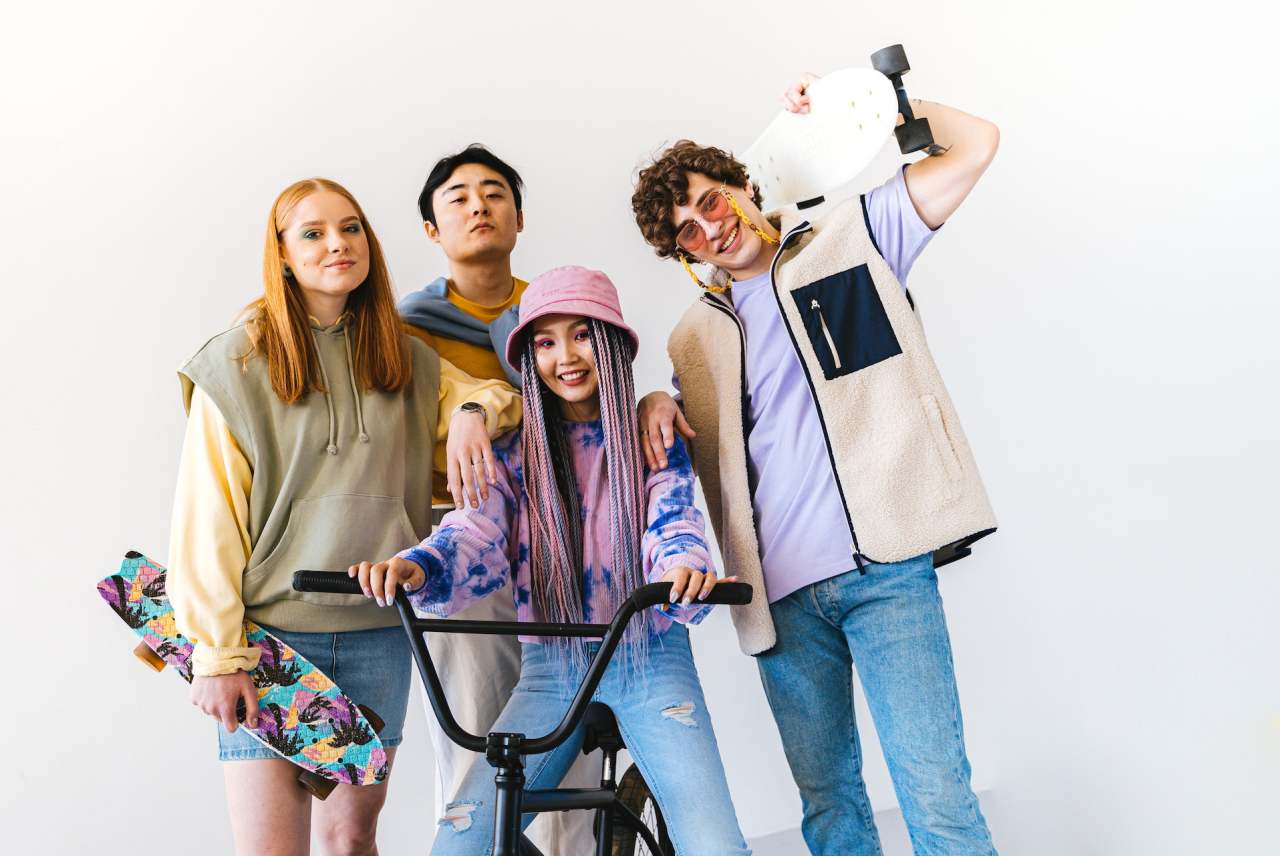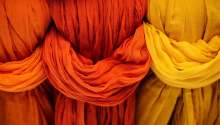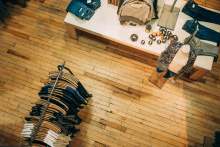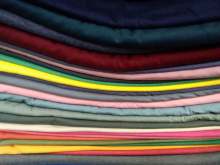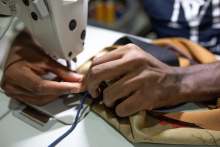In this article, we look at brands offering ‘ethical’ lines, highlight companies that are greenwashing their image, and ask whether there are any truly ethical high street alternatives.
Ethical issues with high street fashion
The clothing industry is notorious for its lack of ethics. In pursuit of low prices, the industry has pursued a race to the bottom on workers’ rights, and been responsible for massive environmental harms.
Many workers in the fashion industry receive poverty wages: even in the UK workers have been paid just £3.50 an hour. They can face sexual assault and harassment and be forced to work in extremely unsafe conditions. Around the world, garment workers say they are prevented from unionising and organising to demand improvements by their employers.
Clothing production also has serious carbon impacts, and is said to amount to between 2% and 10% of global greenhouse emissions. It has been linked to widespread pollution from both microplastics and toxic chemicals.
High street clothes shops in particular have driven these poor conditions. With the rise of the fast fashion industry, it has made clothing disposable, creating an ever shortening cycle of exploitation and waste.
